
Safety First: Safer Asian seafood, Japan nuclear wastewater and more
Safer Asian seafood, Japan nuclear wastewater and more feature in this edition of Safety First
News & Analysis on Food & Beverage Development & Technology

Safer Asian seafood, Japan nuclear wastewater and more feature in this edition of Safety First
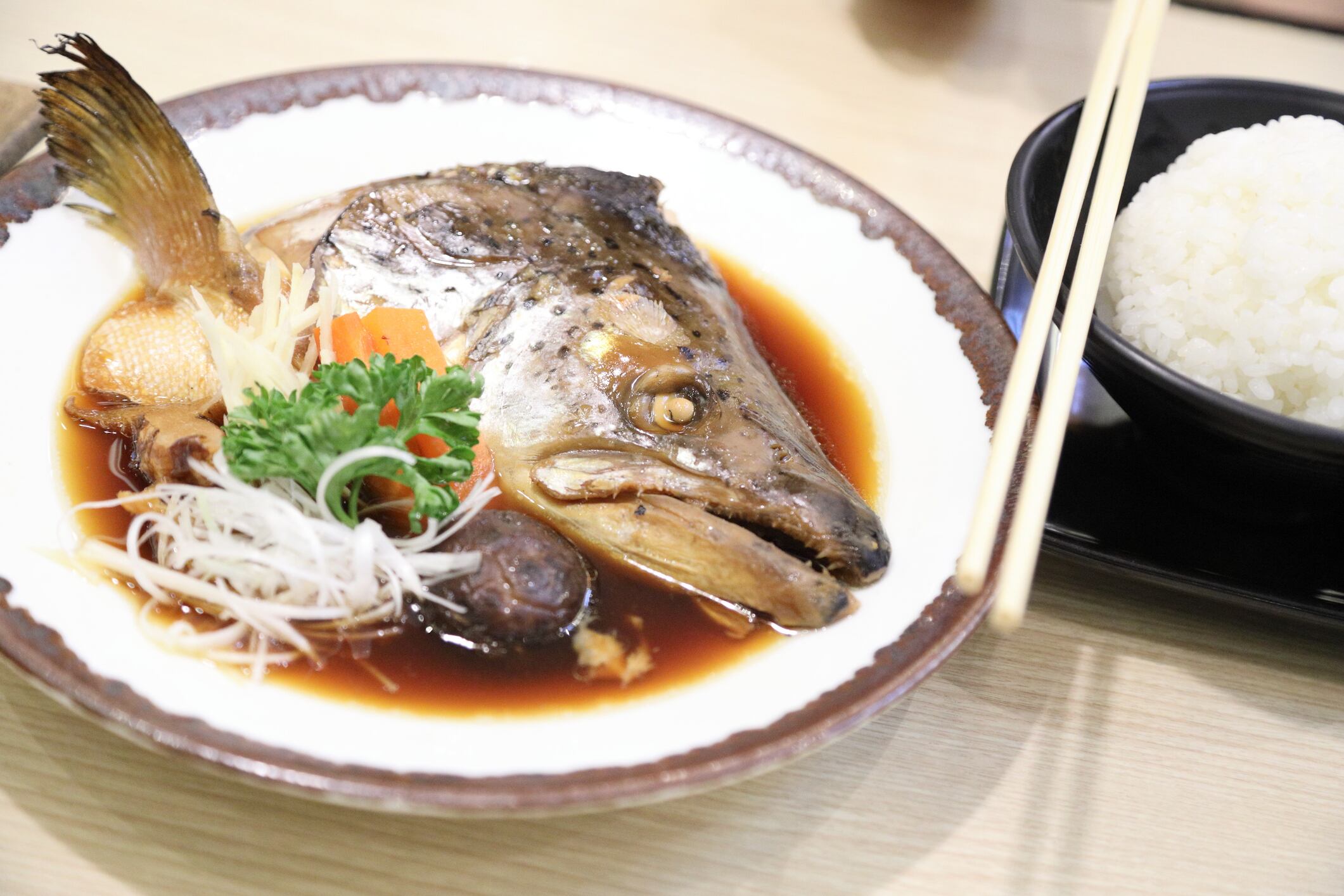
Asia’s seafood sector must adapt safety and sustainability measures to diverse local markets, say experts
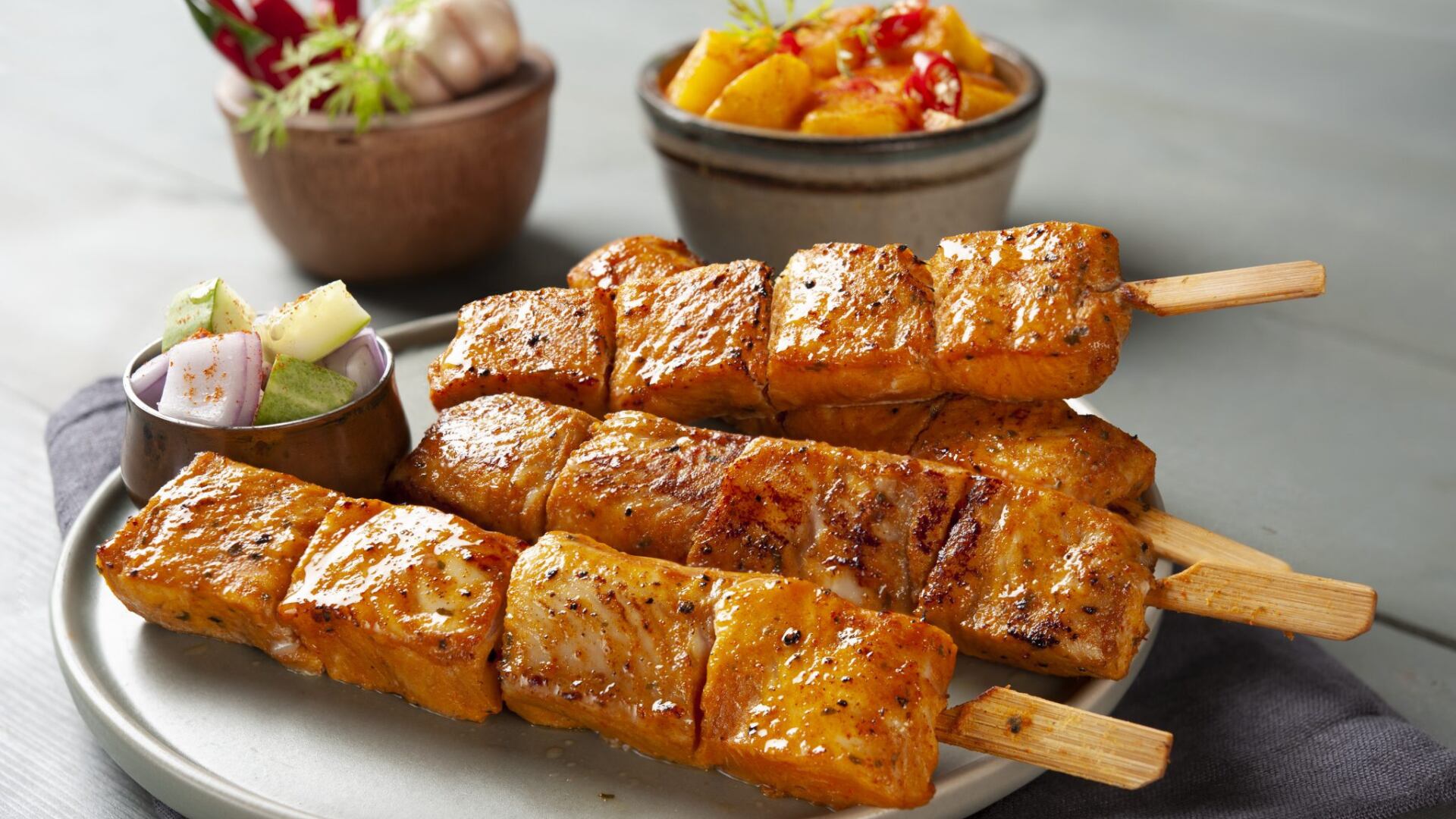
Vietnam’s Vinh Hoan is maximising pangasius fish commercial potential with a circular model supporting convenient nutrition and supplement innovation

Japan’s Fair Price Project urges consumer empathy and awareness as food producers face rising costs, in hopes of ensuring food supply sustainability
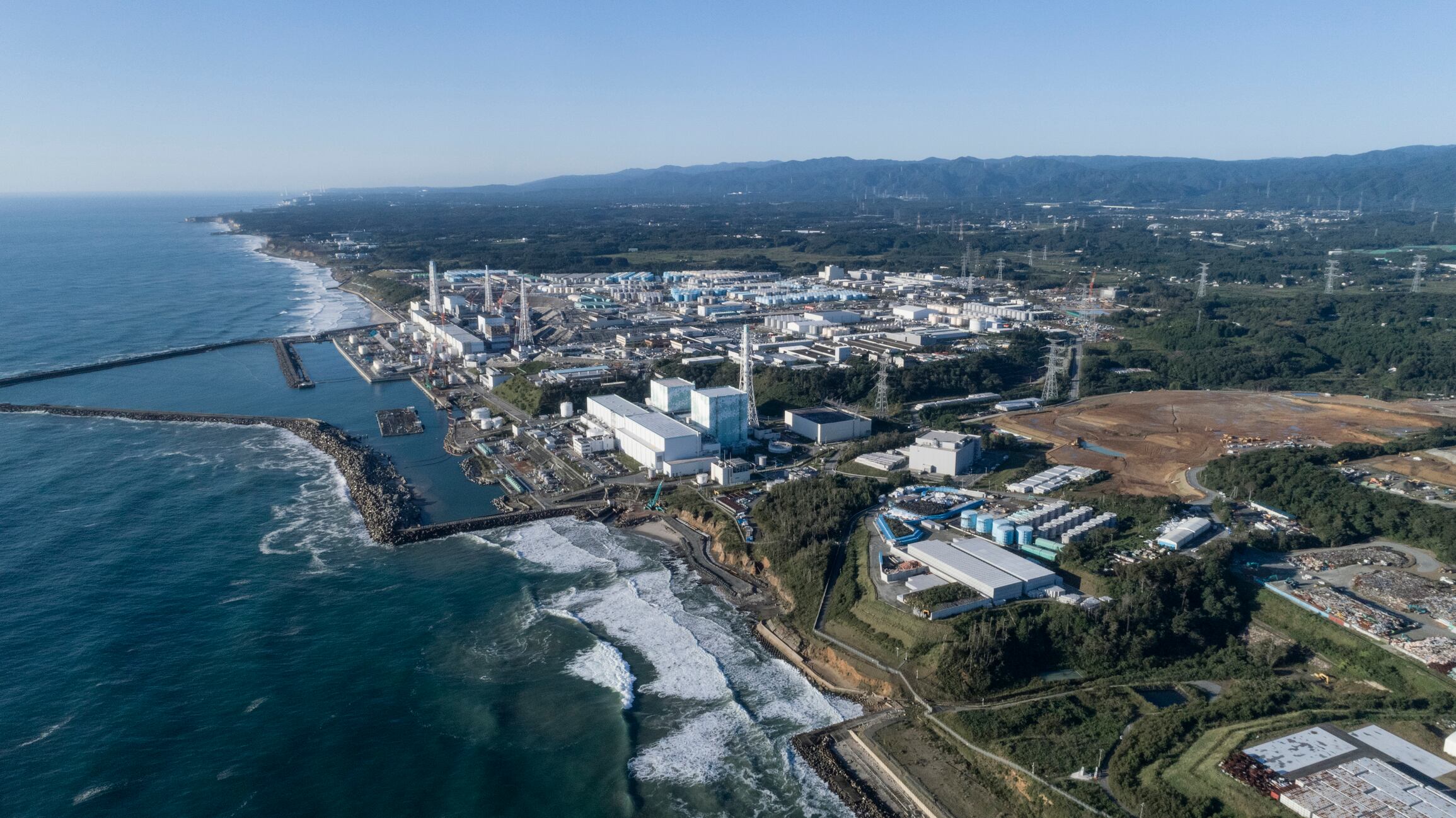
The International Atomic Energy Agency (IAEA) has launched three new reports to reiterate that Japan’s nuclear water release does not affect seafood safety
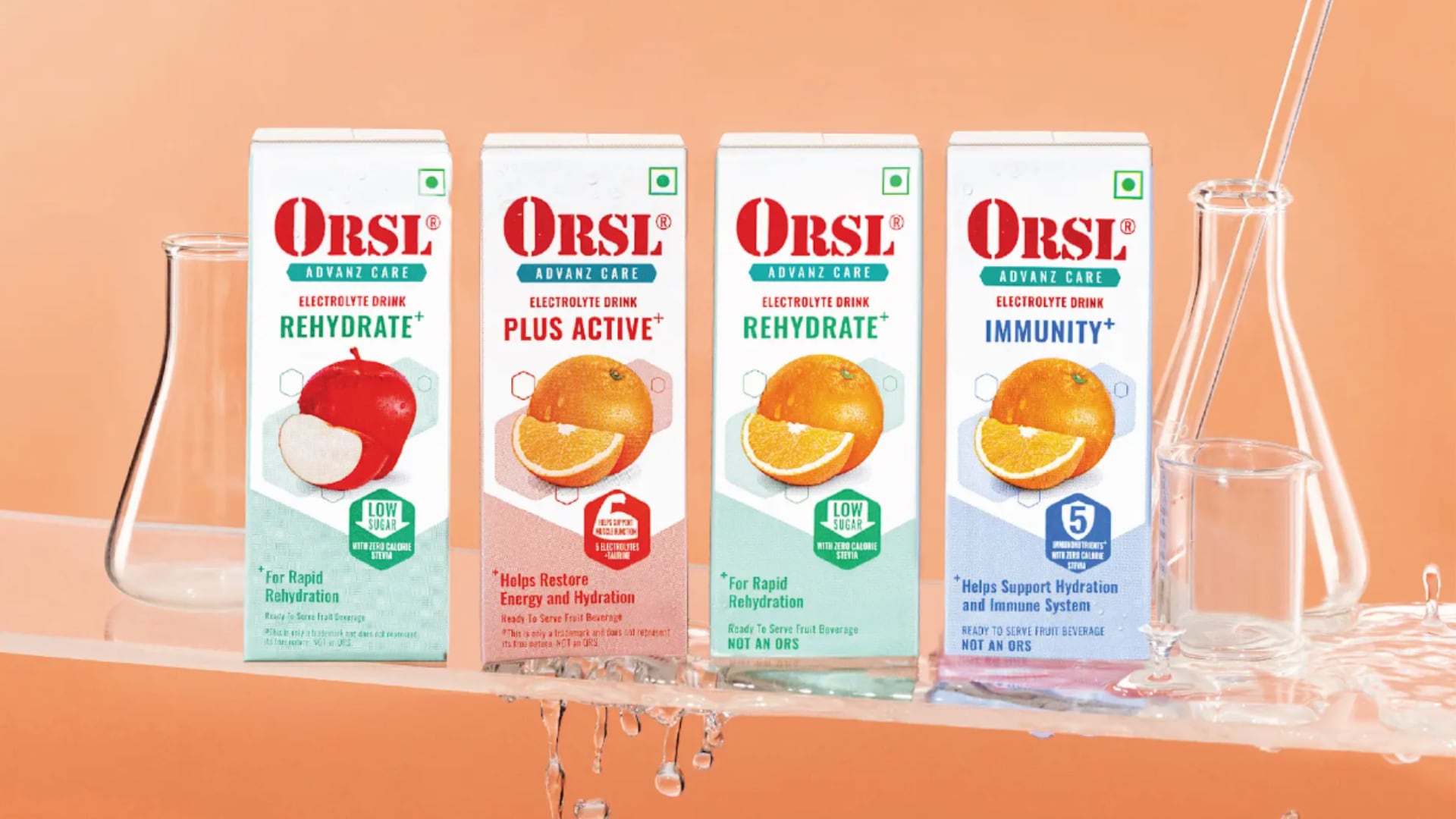
India’s latest labelling ban has been stayed by a New Delhi court, raising concerns over continued sales of high-sugar oral rehydration products

Fi Asia 2025
Rice is emerging as a vital tool for Laos in its quest to develop better nutrition and reduce stunting among children nationwide
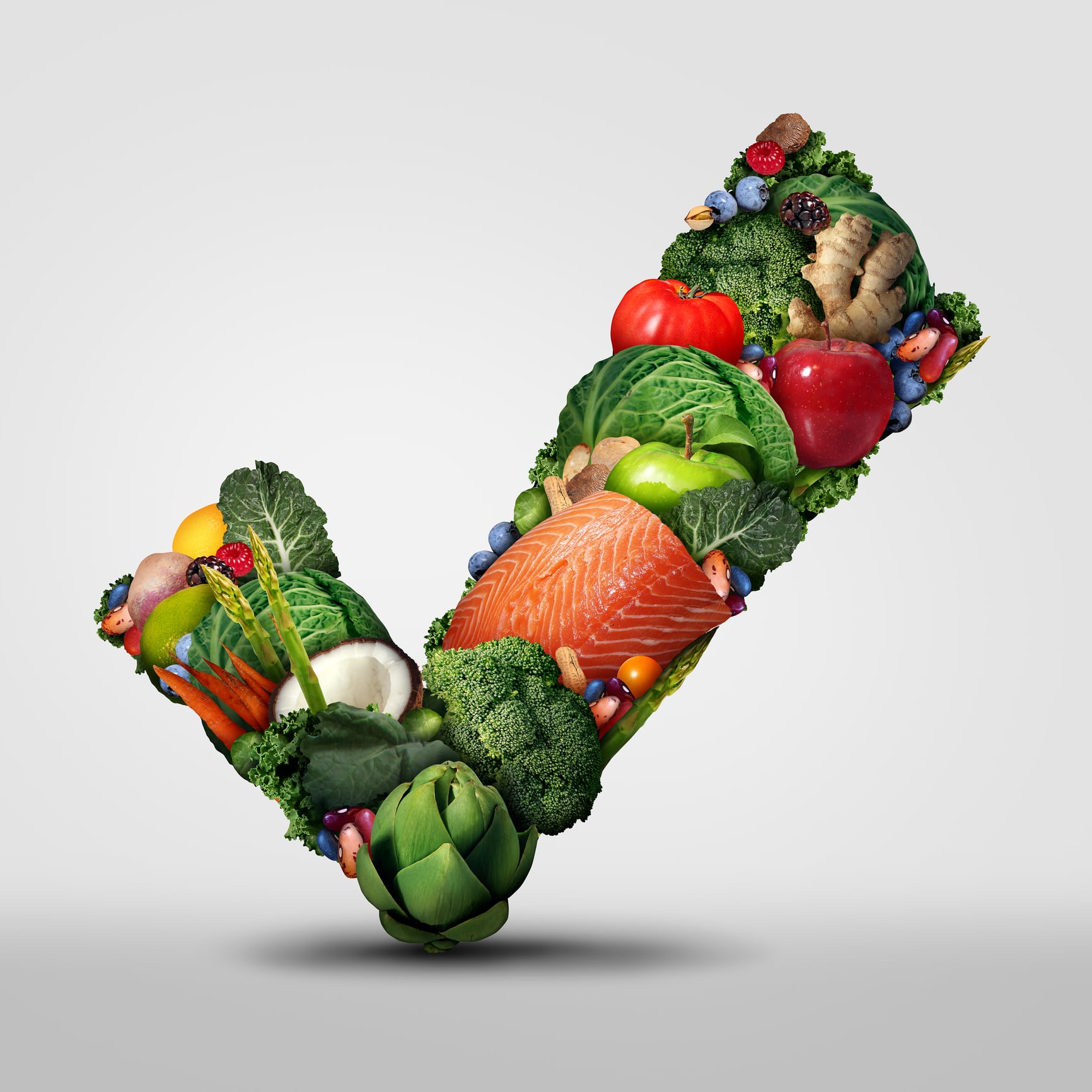
China food safety report, fake K-food and more feature in this edition of Safety First

A new lawsuit claims the citric acid in Frito-Lay’s Poppables isn’t natural but brewed from black mold and that PepsiCo misled consumers with its ‘no artificial flavors’ promise

This edition dives into Roku Gin’s SEA focus, Ajinomoto’s commitment to sustainability goals, APAC firms collaborating with major Japanese firms, and more

A new China government food safety report shows potential pesticide risks, spotlighting challenges for authorities, industry, and consumers
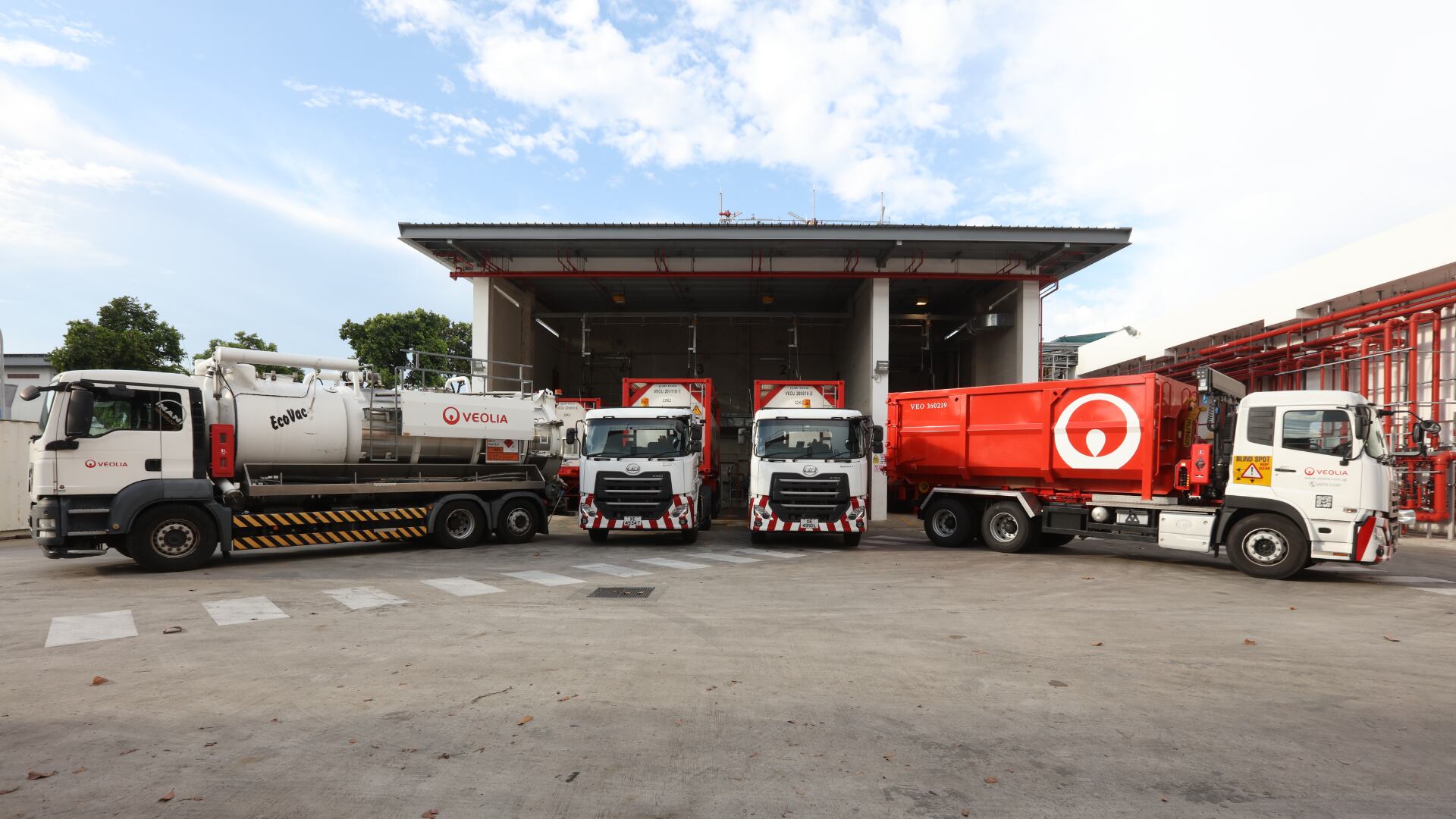
Proper waste disposal and renewable energy are key priorities for South East Asia, said the firm

ベトナムWTO最新情報、インドZeptoスキャンダル、韓国食品安全違反などを特集しています。
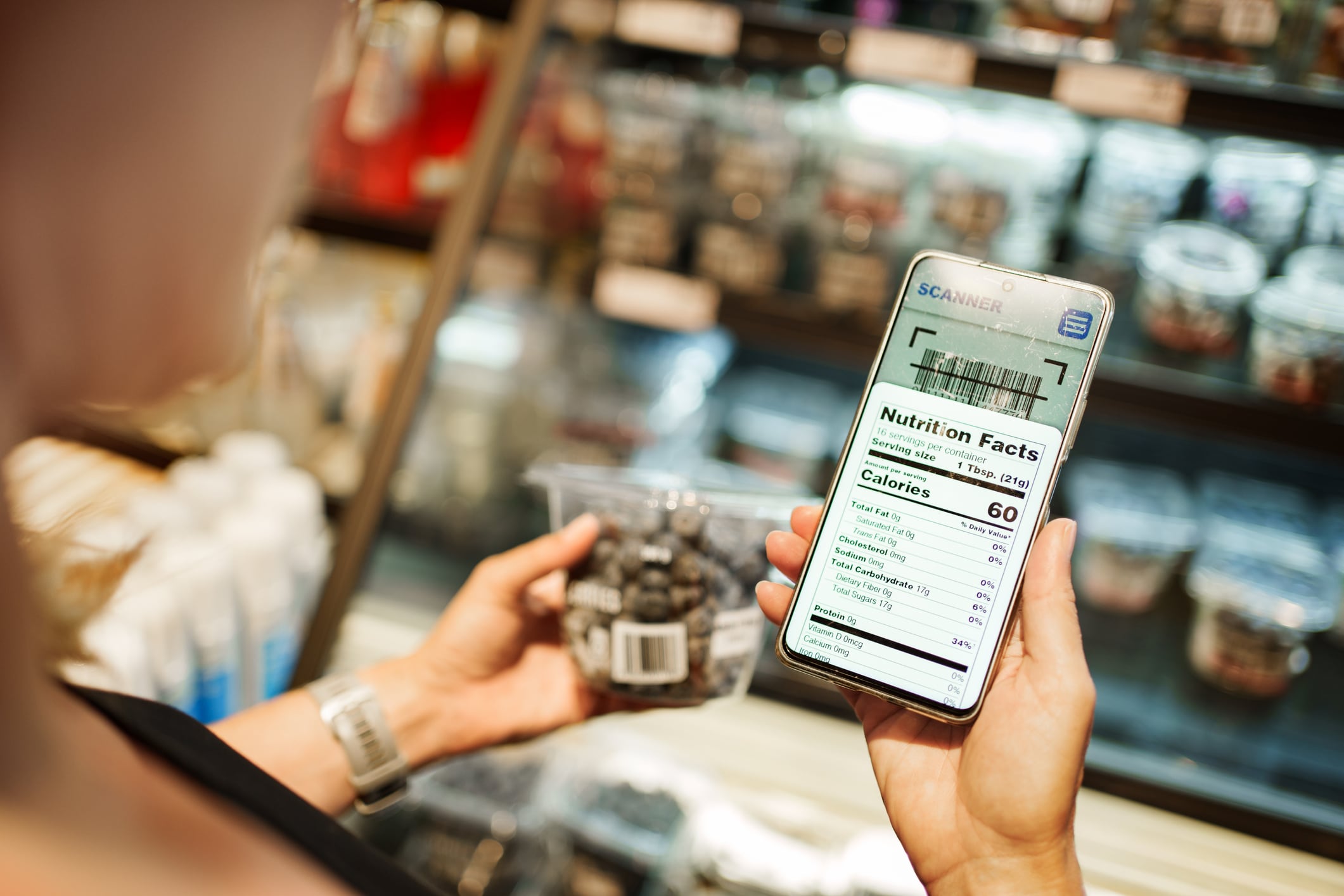
FSSAI signalled tighter scrutiny of food labelling and advertising to meet global standards after a multi-ministerial consultation

CP Foods’ introduction of chicken with space-grade standards is breaking new ground in the food safety sector, from space missions to infinity and beyond
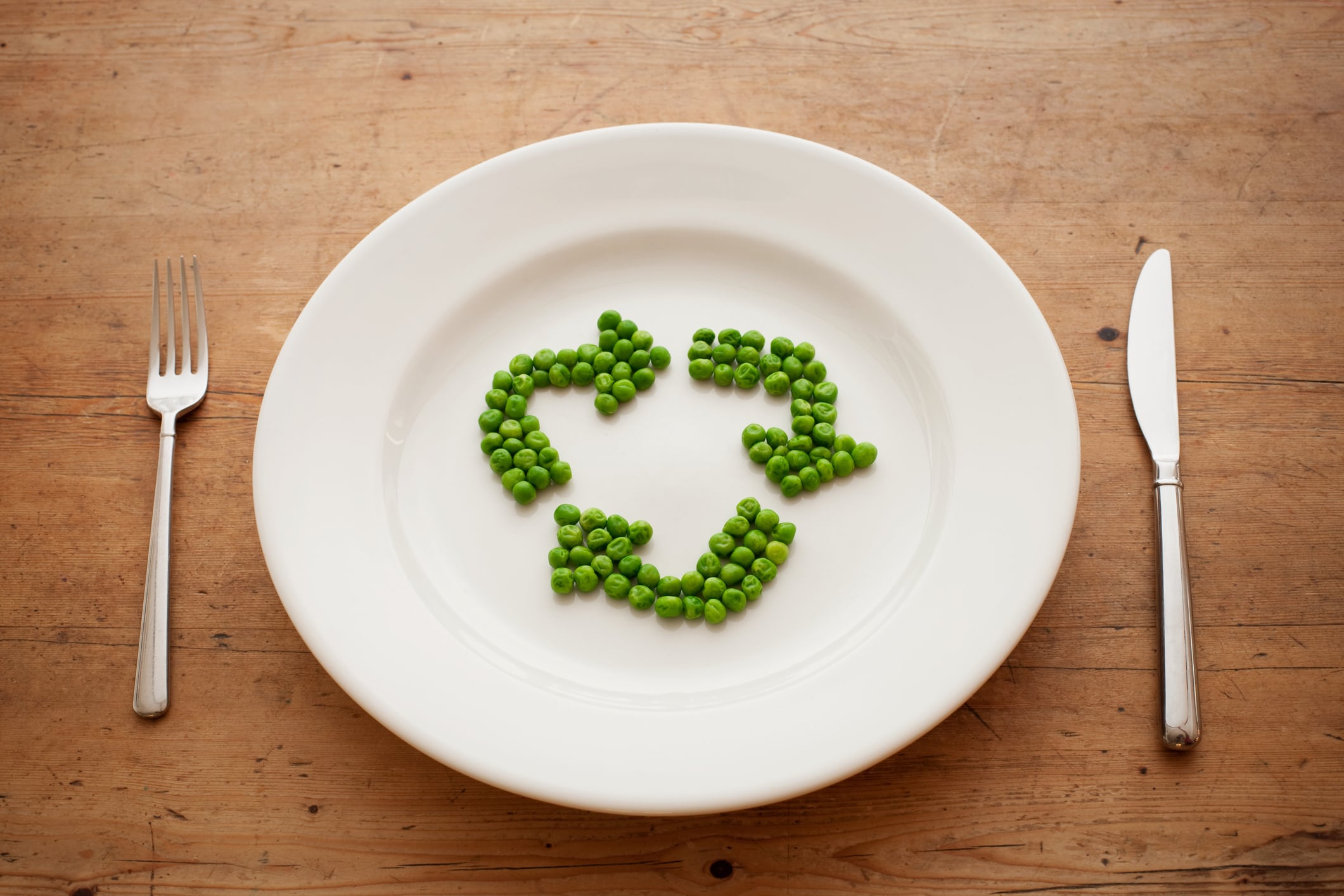
Food tech firm Mottainai made its soy-based meat with public health in mind – a tenet that guides its food safety and nutrition policy to build consumer trust
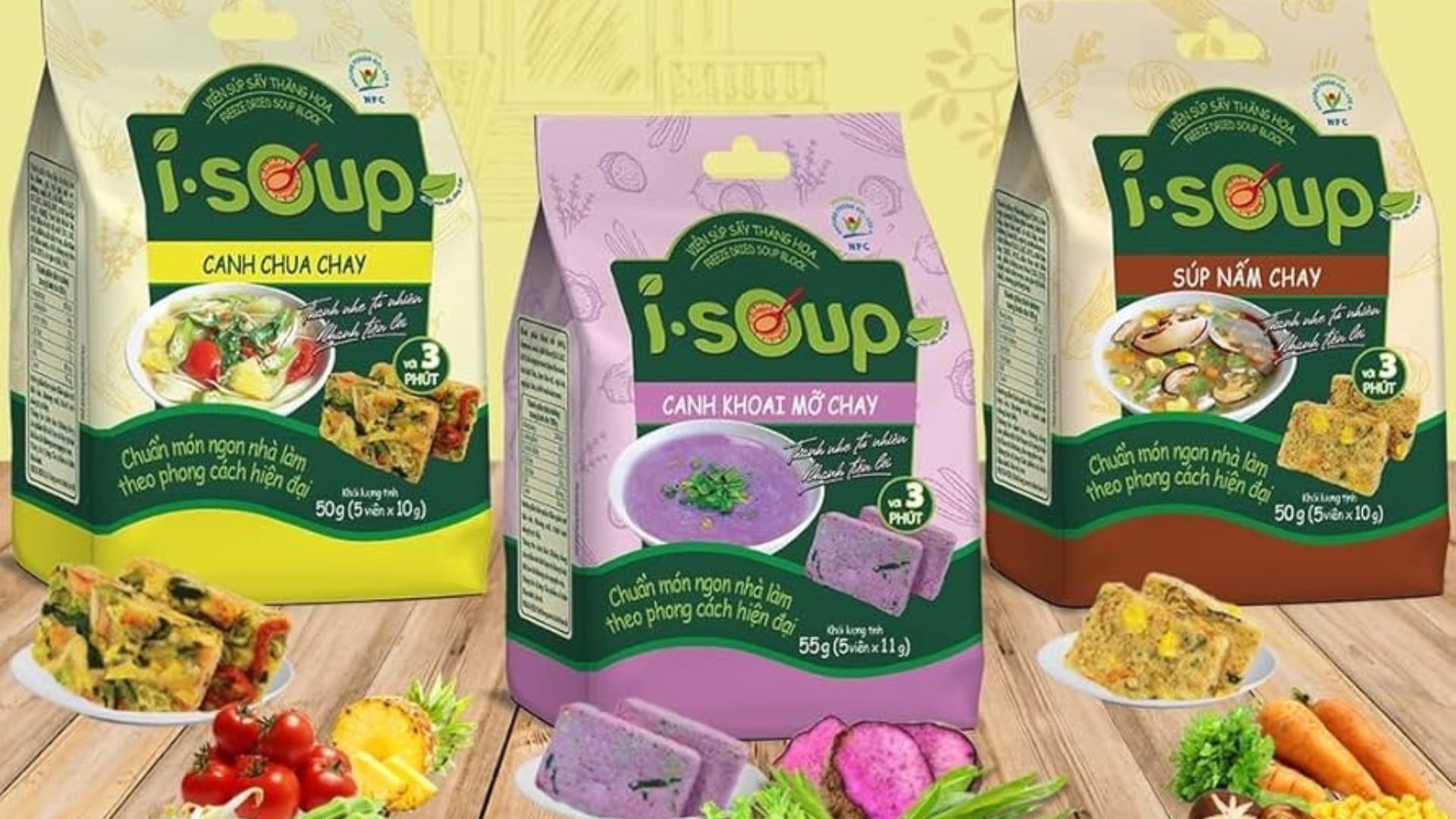
Vietnam’s Nature Foods Company (NFC) taps APAC’s ready-to-eat (RTE) food demand with freeze-drying tech that delivers safety, nutrition, and clean-label appeal

India announces stricter transparency and training mandates for e-commerce in a ‘bold but necessary’ move
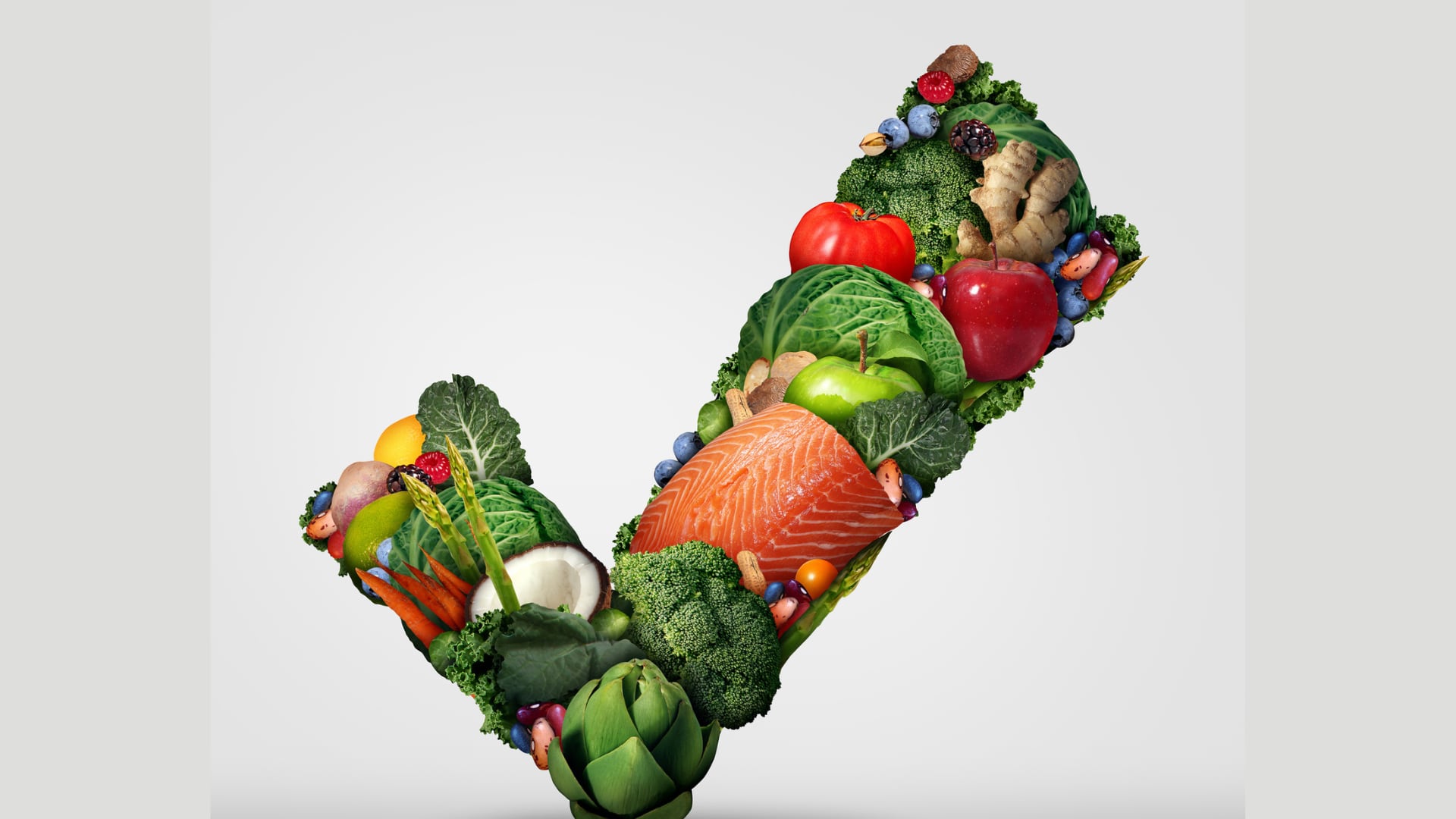
Regulations should protect consumers by matching actual risks, but misplaced focus may hinder innovation and fair competition, experts caution
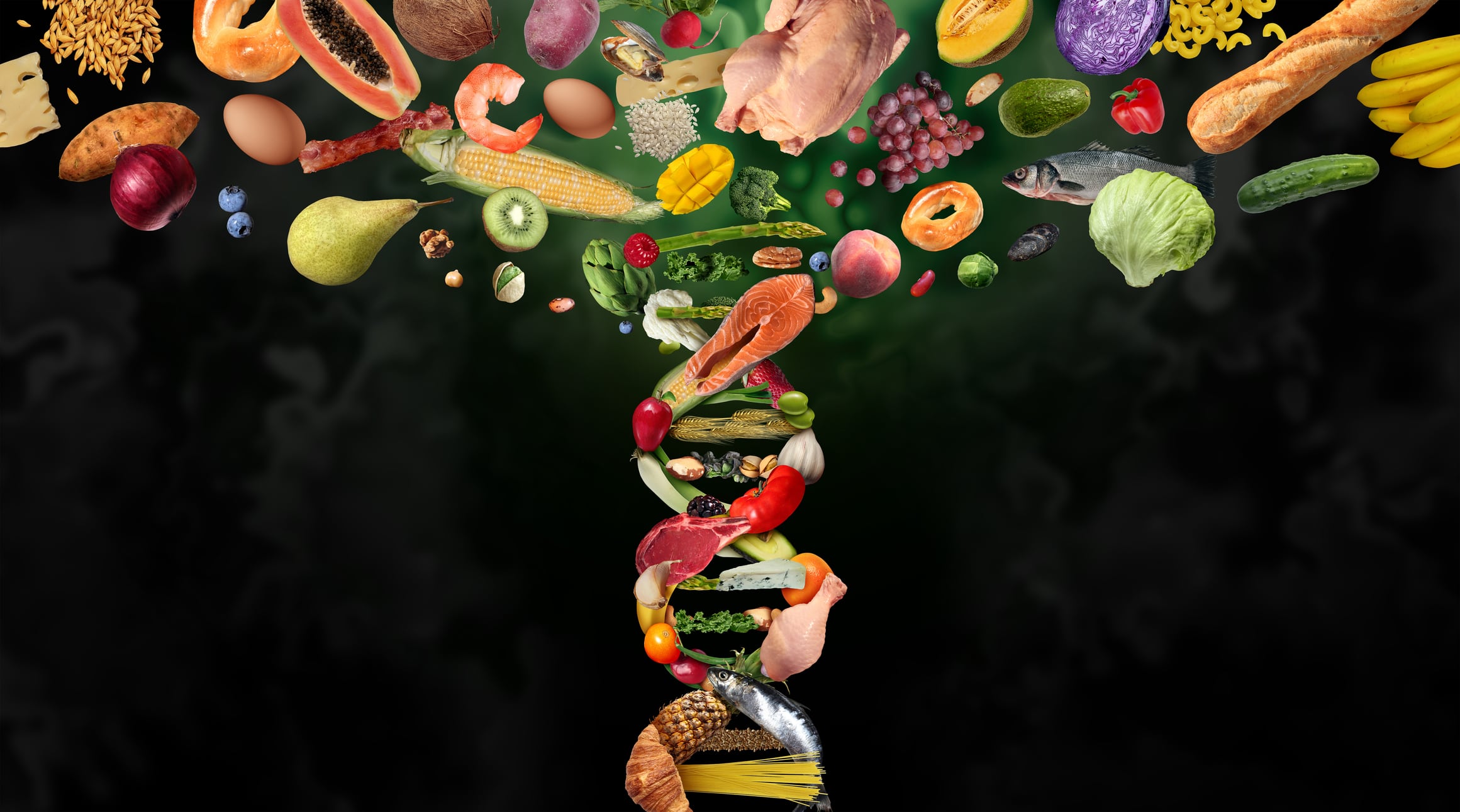
Food Standards Australia New Zealand (FSANZ) is moving forward with new GM food definitions that some say weaken the distinction between ‘natural’ and modified foods
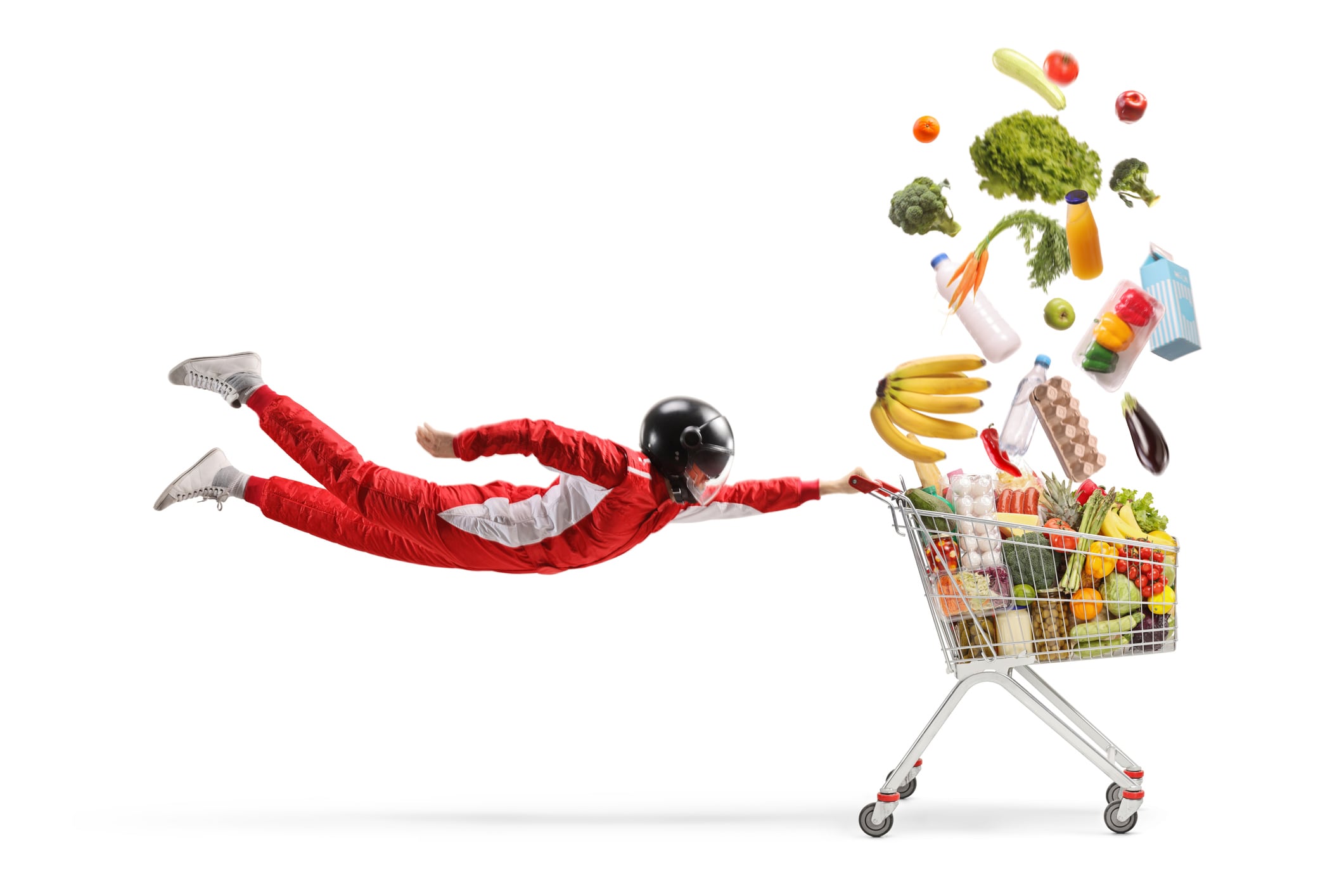
India’s Zepto license suspension exposes hygiene and safety risks as APAC markets embrace rapid delivery and dark store models

越南世贸组织更新消息、印度 Zepto 丑闻、韩国食品安全违规等

本期“可持续发展内容”包含正大食品、食品安全难题等专题报道

Modi’s nationwide anti-obesity drive, the rise of better-for-you snacks, Zepto e-commerce scandal, and more feature in this round-up

今回のサステナビリティ スニペッツでは、CP Foods、食品安全の難問などを取り上げて います。

Vietnam WTO update, India Zepto scandal, South Korea food safety violations and more
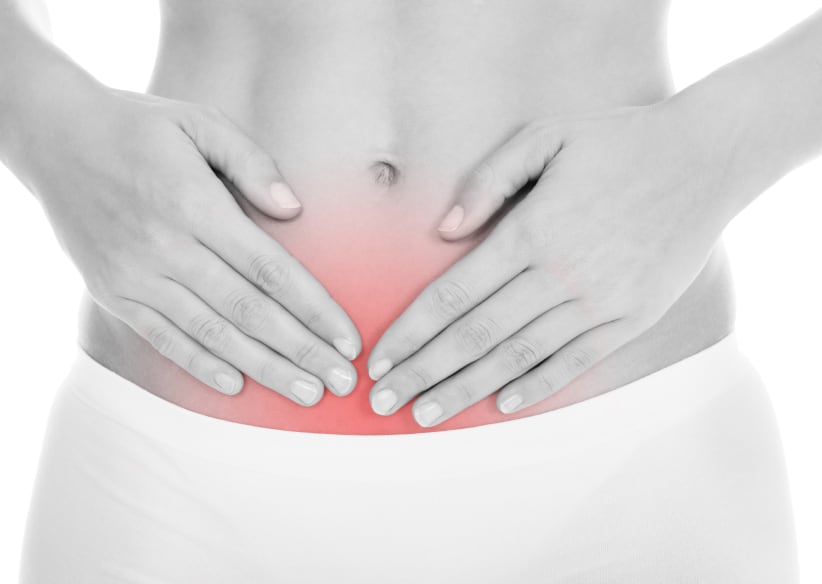
South Korea has seen a spike in food safety violations with the arrival of summer, highlighting concerns over contamination risks and inspection failures

Vietnam has announced new food safety updates at a global level, marking a new phase of growth to boost trade confidence and opportunities for local firms

Food fraud in Turkey is widespread and growing more sophisticated, with serious consequences for public health and trust in the supply chain

Zepto’s Mumbai hub exposed for major hygiene lapses, revealing weak food safety enforcement and cold chain gaps in India’s booming quick commerce sector

New data shows under 50% of Japan consumers understand GM foods, a challenge to reaching local food self-sufficiency and production goals

Age-old tensions between food safety and sustainability are coming to a head - and the final outcome will shape the future of the food industry

核汚染魚介類、ベトナムMSG不純物混入、ASFなど取り上げています。
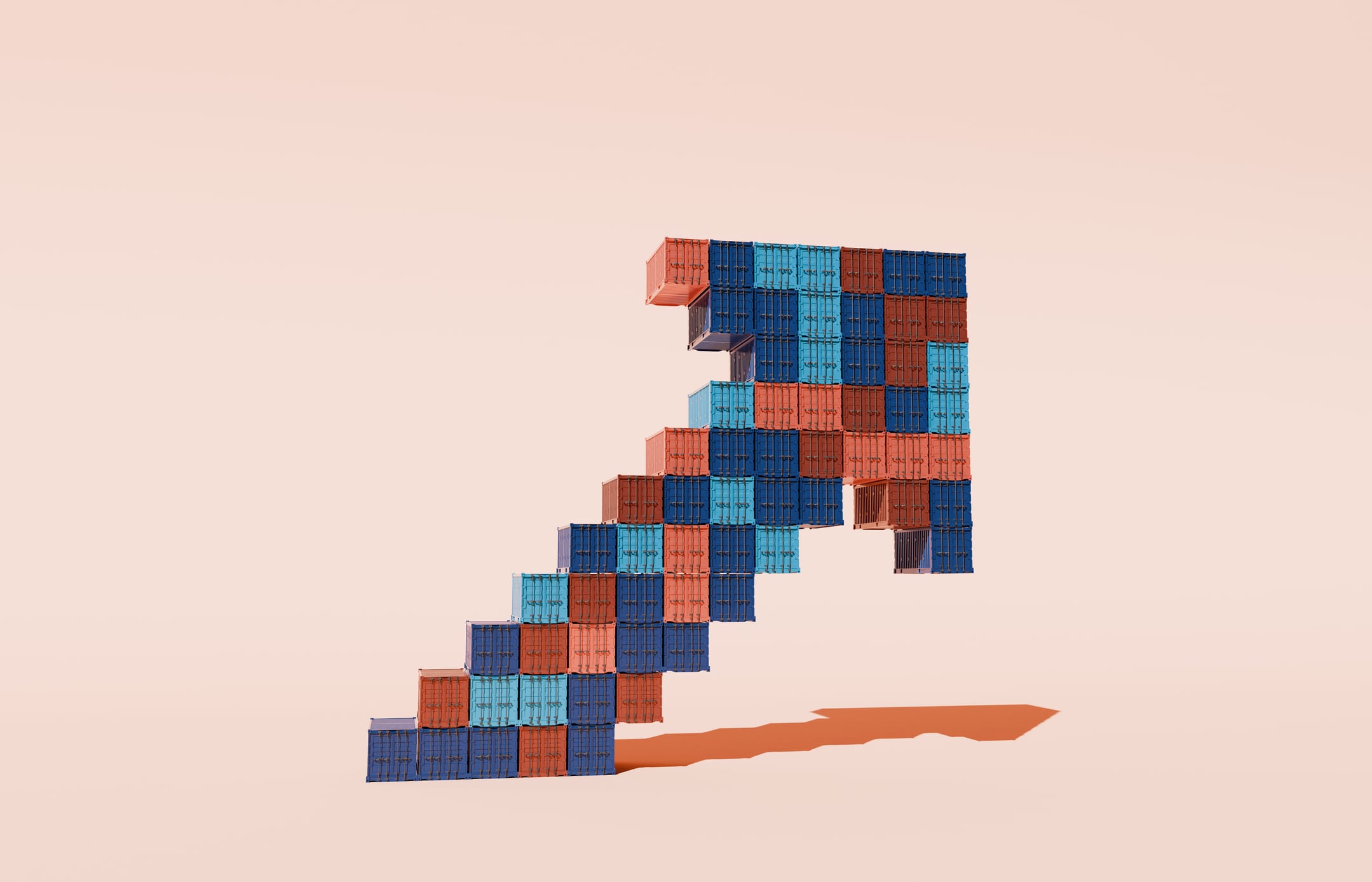
South Korea has set its sights on Latin America for food safety exchanges and export growth plans to support food trade

The deadline for submitting your entries for the NutraIngredients-Asia Awards 2025 has been extended by two weeks to June 30.

Sugar prices fall to lowest level since June 2021

Nuclear seafood, Vietnam MSG adulteration, ASF and more feature in this edition of Safety First
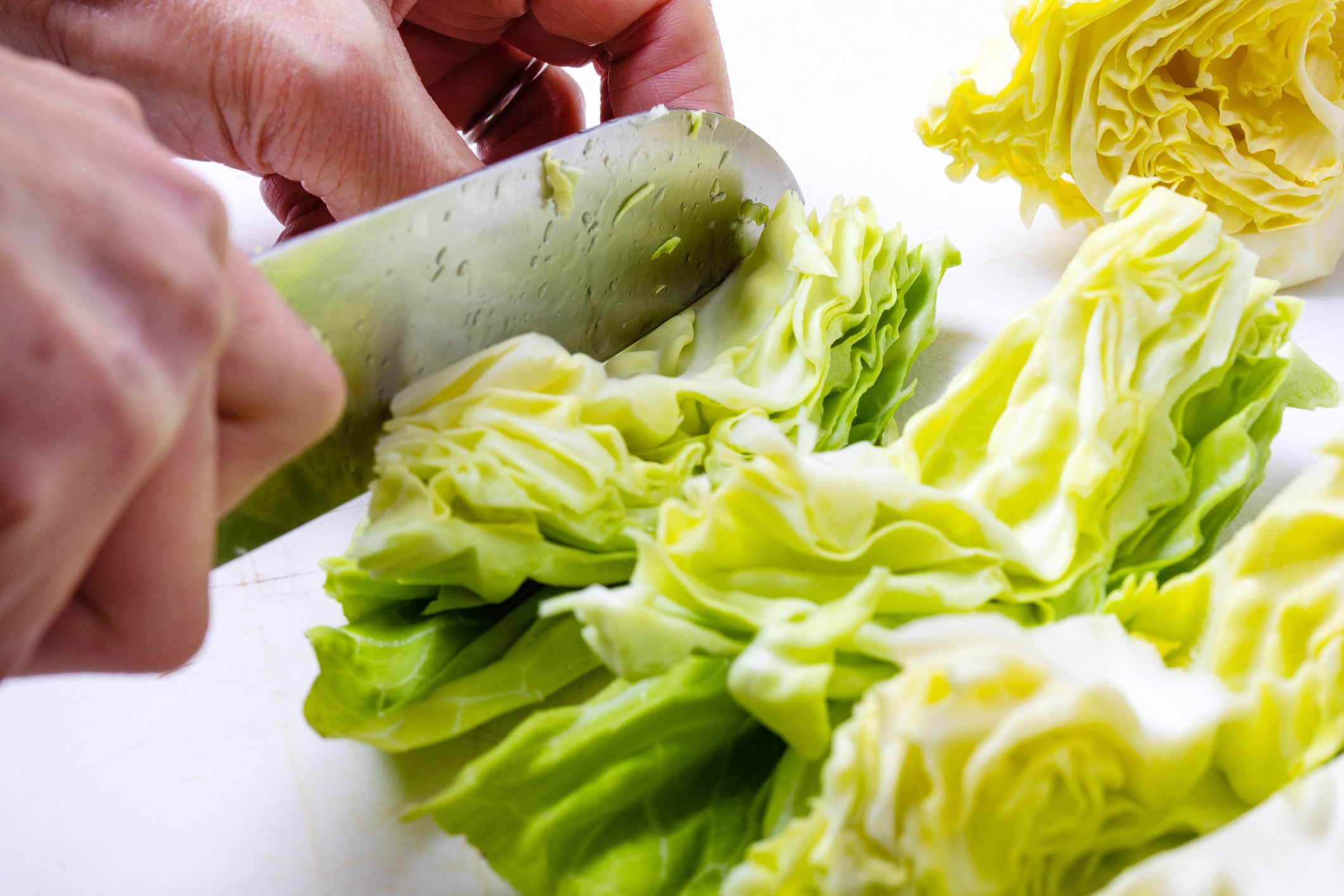
Self inspections are now allowed among South Korean food firms which utilise ‘simple processing’, in a bid to improve food safety.
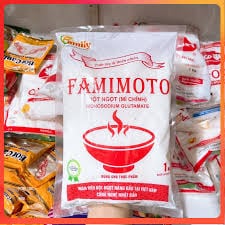
Vietnam is undertaking a series of food safety inspections across the country after initial checks found large scale adulteration in collective kitchens.
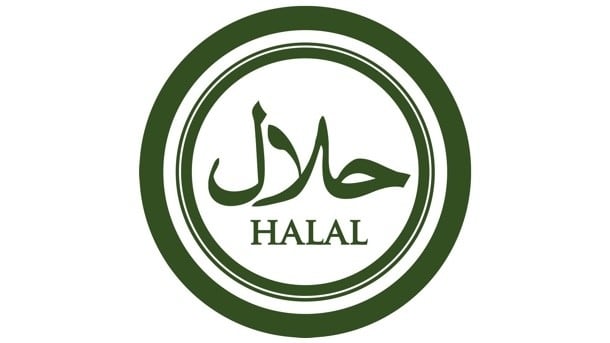
DNA analysis has shown that multiple confectionery products in the Indonesian market contained pork.
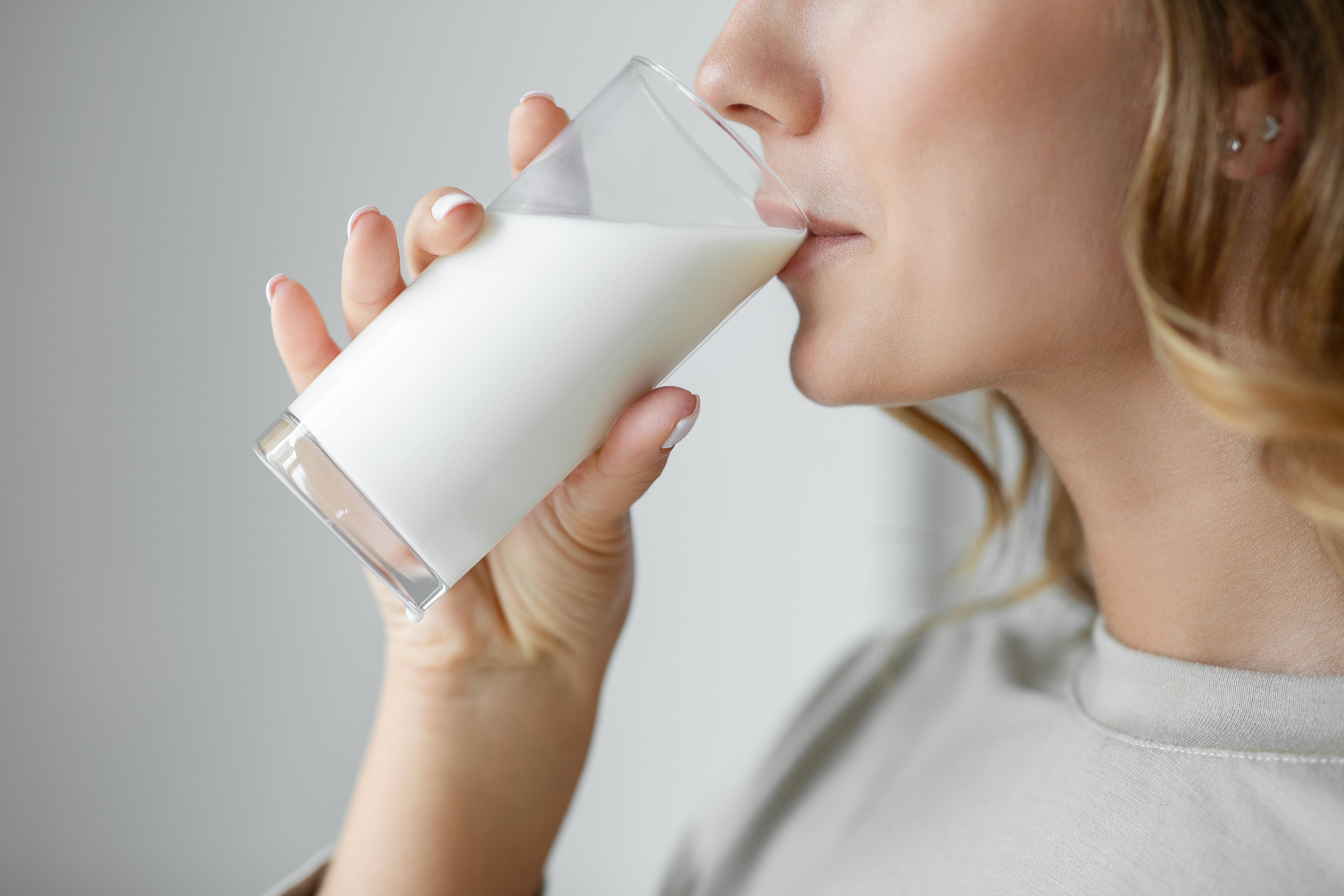
Japan has enforced new rules for dairy products, including condensed milk, powdered milk and products containing non-milk ingredients.
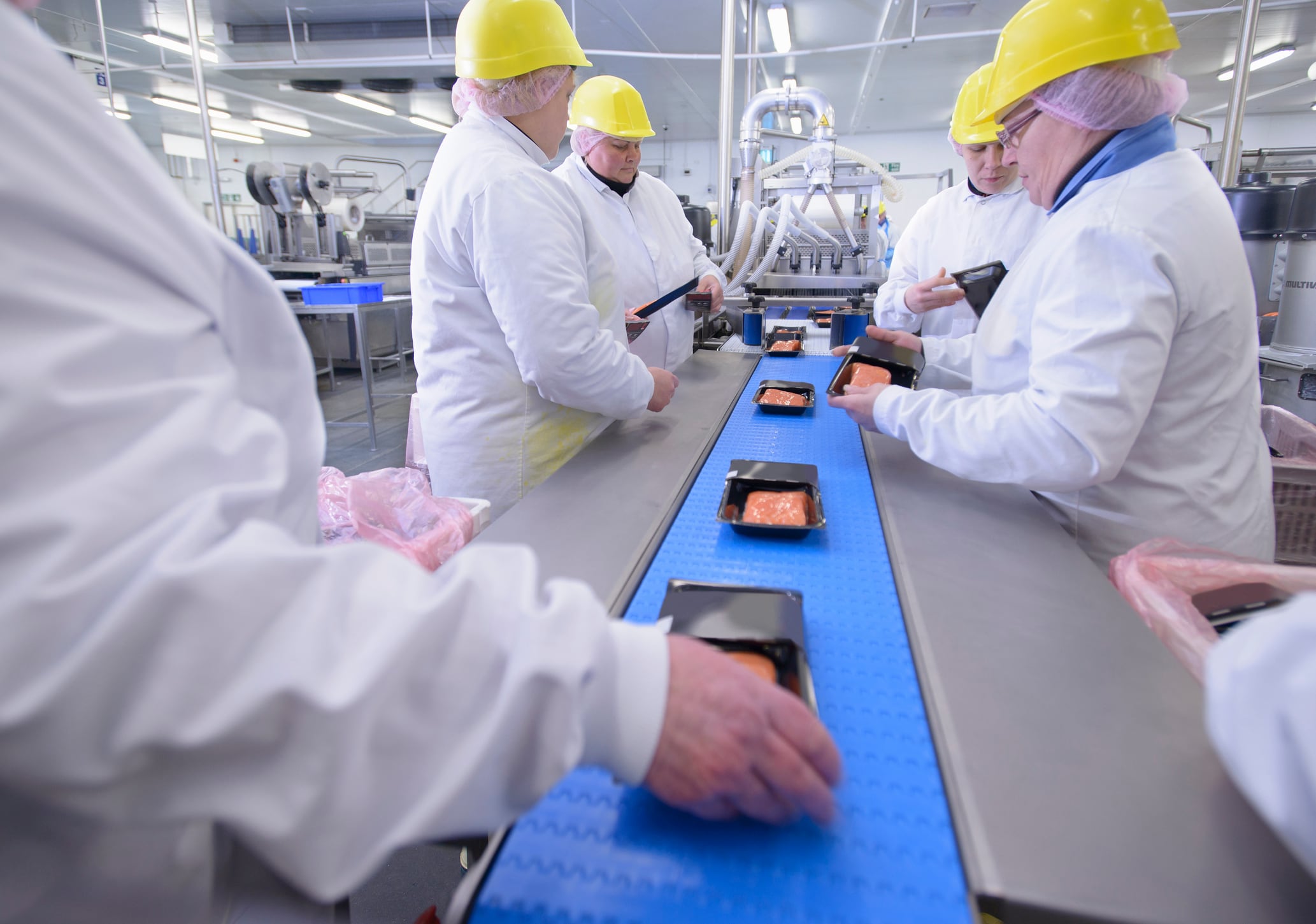
The food and drink industry is facing some of its biggest threats
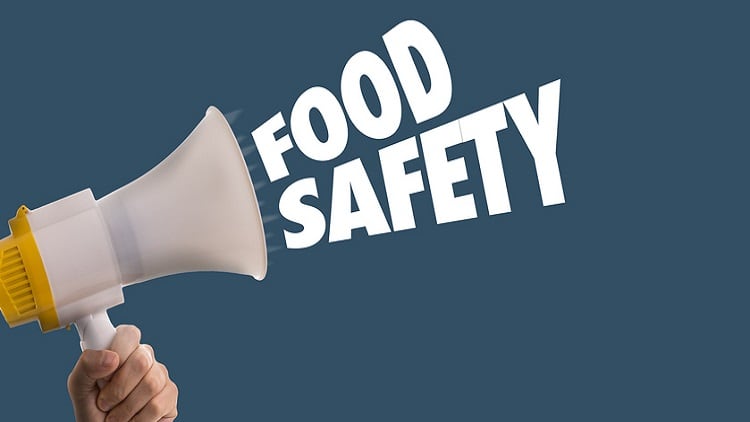
South Korea food poisoning policy, honey authenticity tech and more feature in this edition of Safety First.
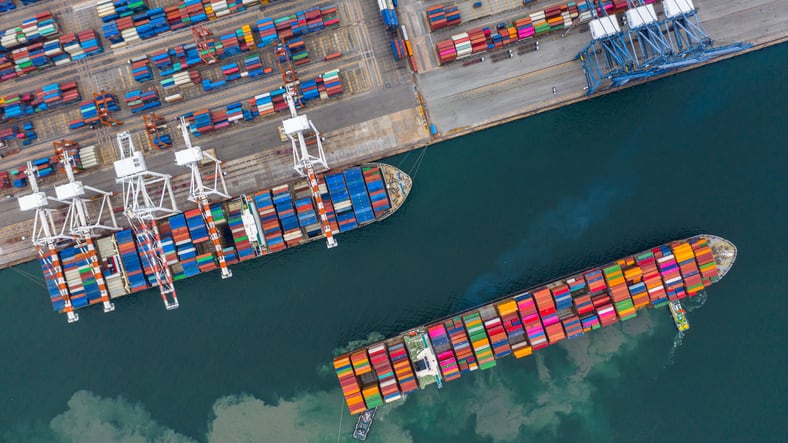
South Korea will allow more flexibility in purchasing processes and international online imports as part of a new plan to manage disruptions to food supplies.
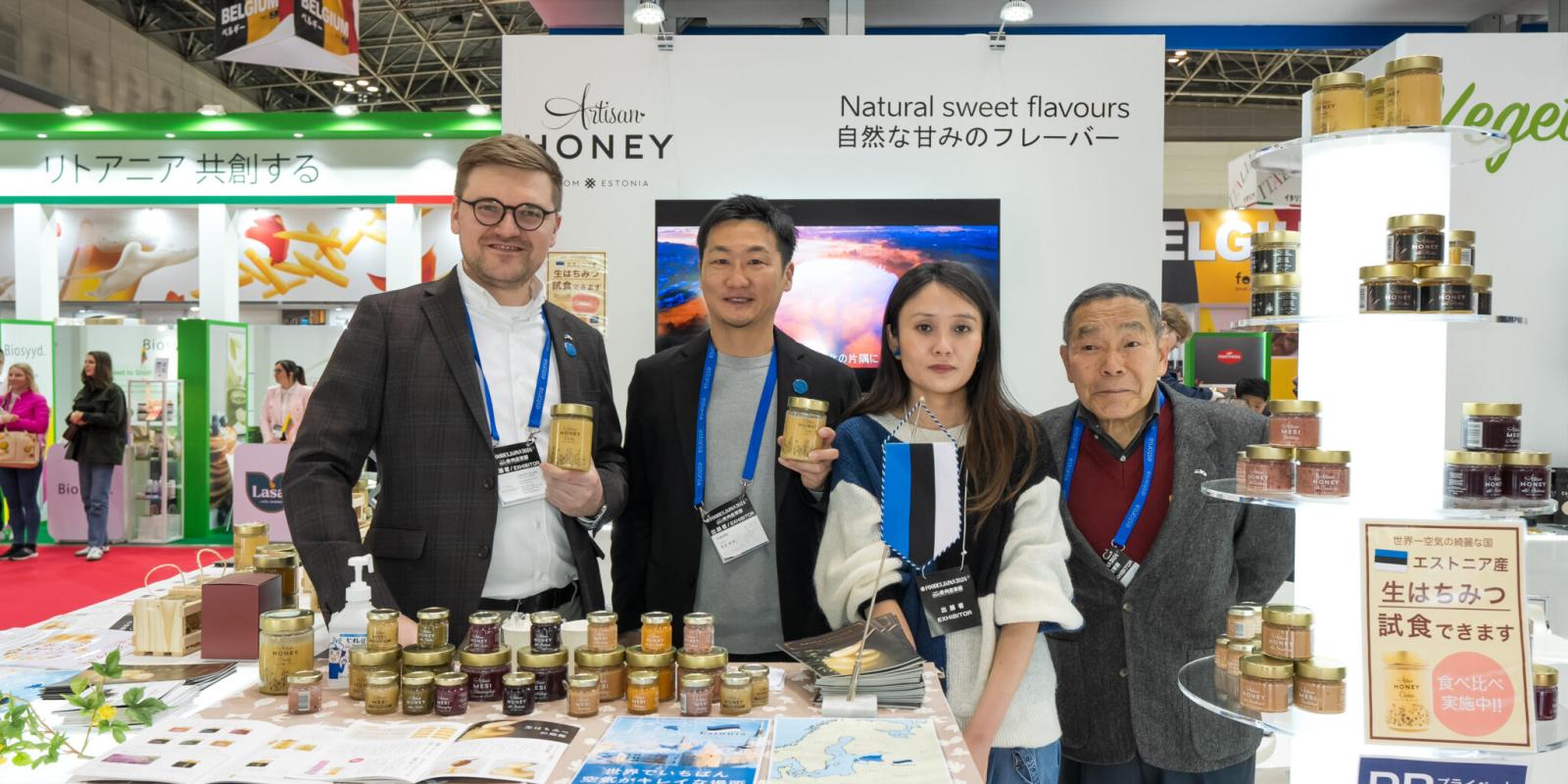
Estonian trade officials are hoping to take a bigger slice of Japan’s 45,000 tonne honey market on the back of promoting new authenticity tech.

The South Korean government is striving to clamp down on large scale national food poisoning cases after a spate of significant outbreaks.

The Japanese government is setting permitted levels of so-called ‘forever chemicals’ in mineral water, with standards set to mirror those of tap water.

Food Standards Australia New Zealand (FSANZ) is proposing new caffeine regulations for retail foods to mitigate overconsumption risks among vulnerable groups.

Vietnam has launched a new handbook to help food and beverage companies in the country use its newly-enforced online food safety system platform.

Agroecology - a means of integrating more sustainability and nature into agricultural practices – does not need to be at the expense of yields, provided the right data and expertise is followed.